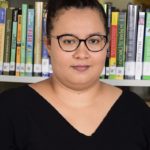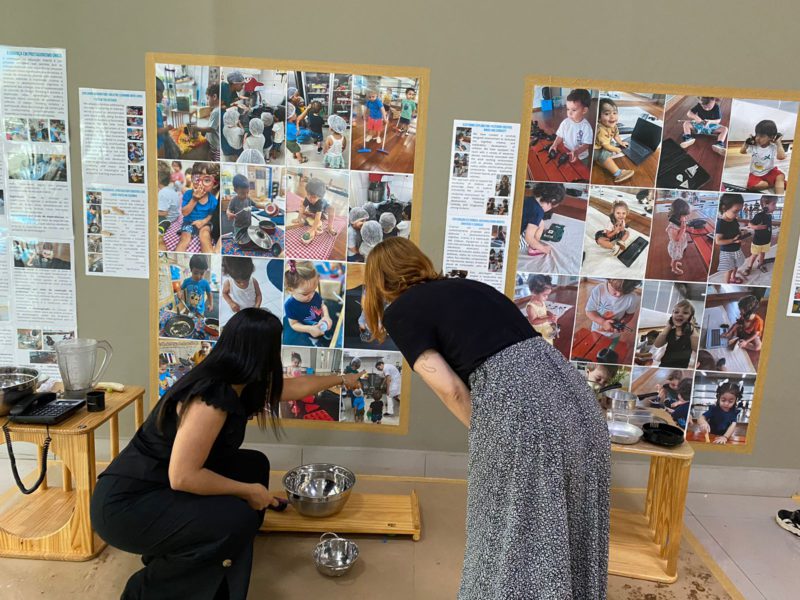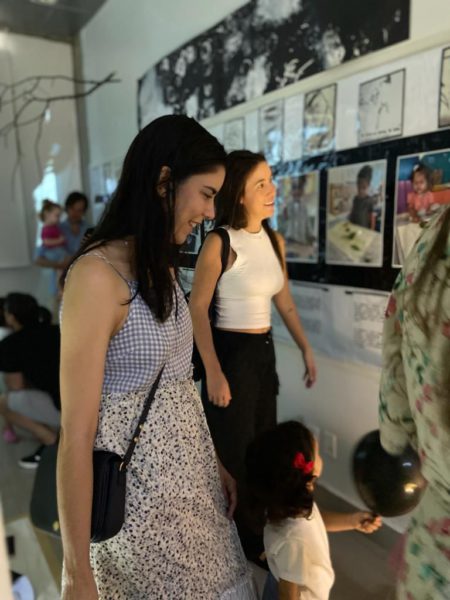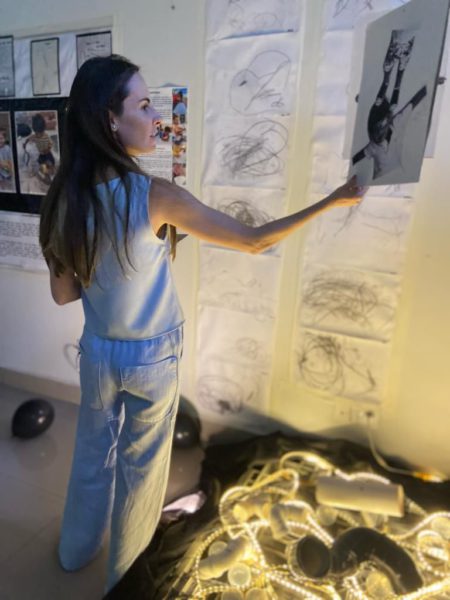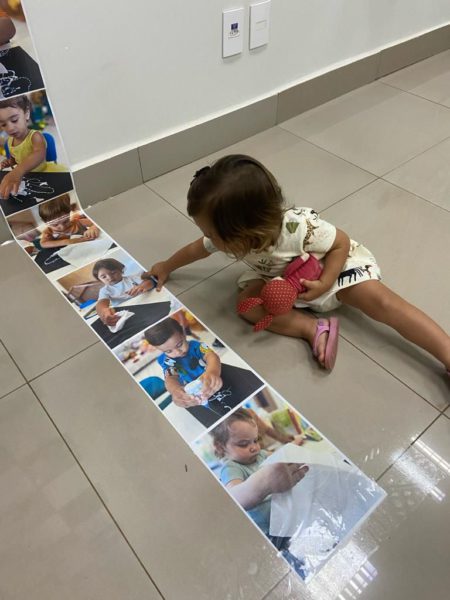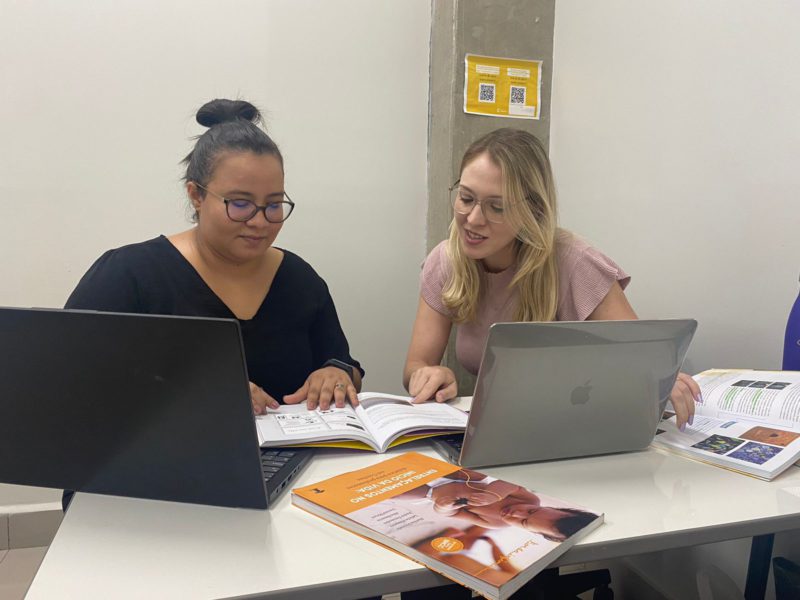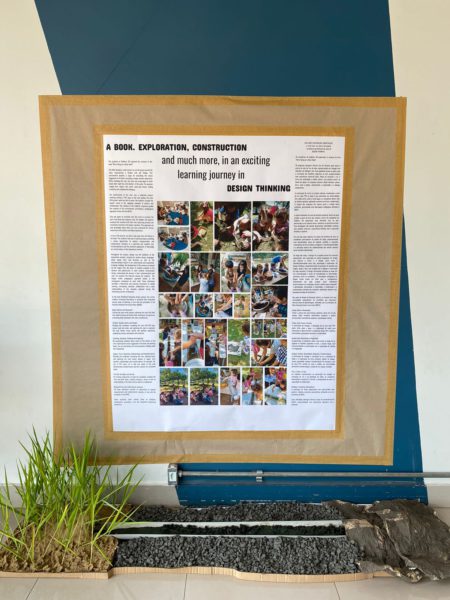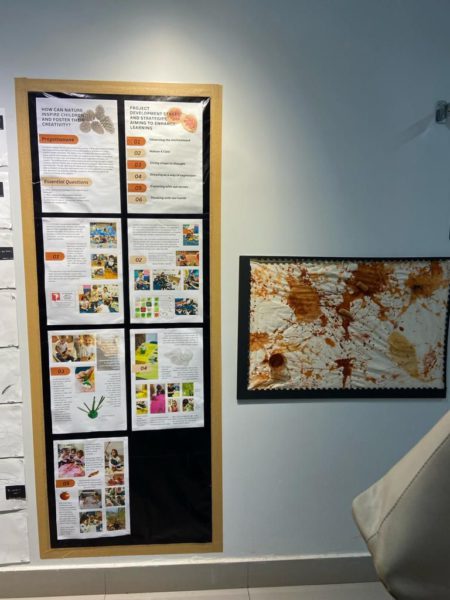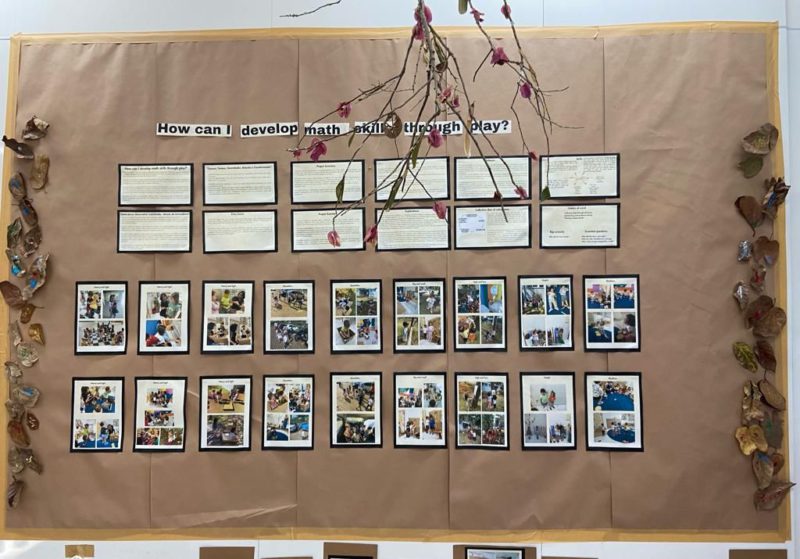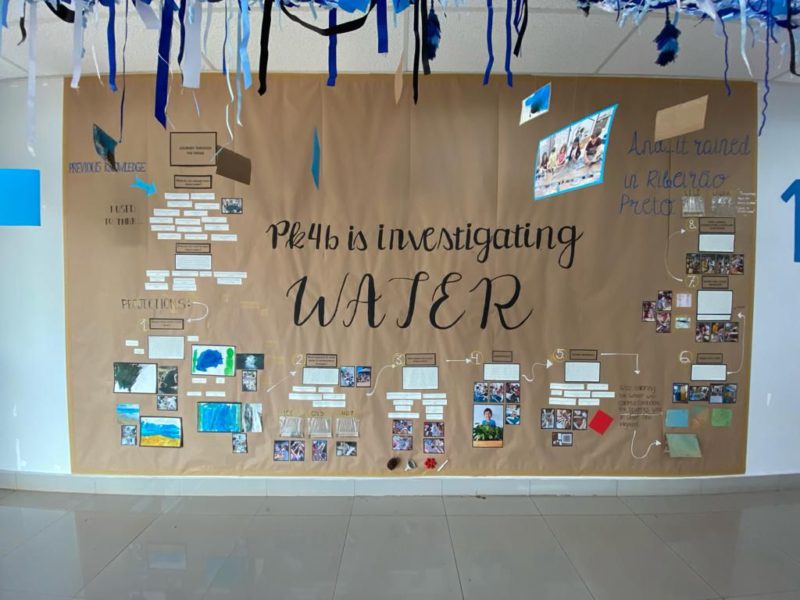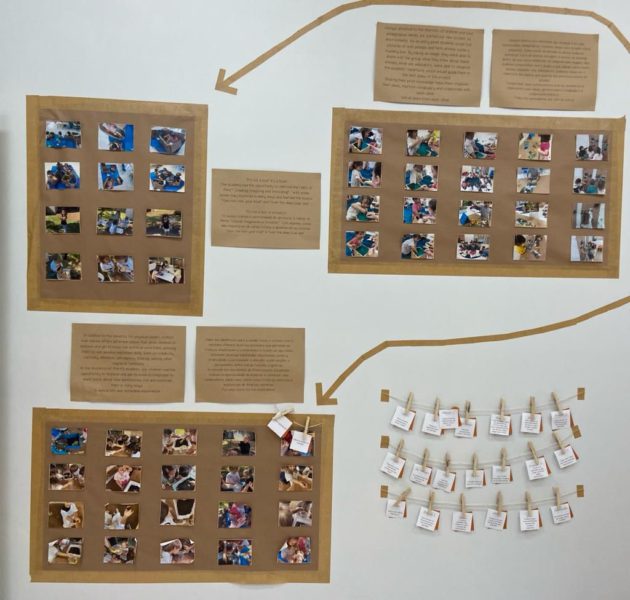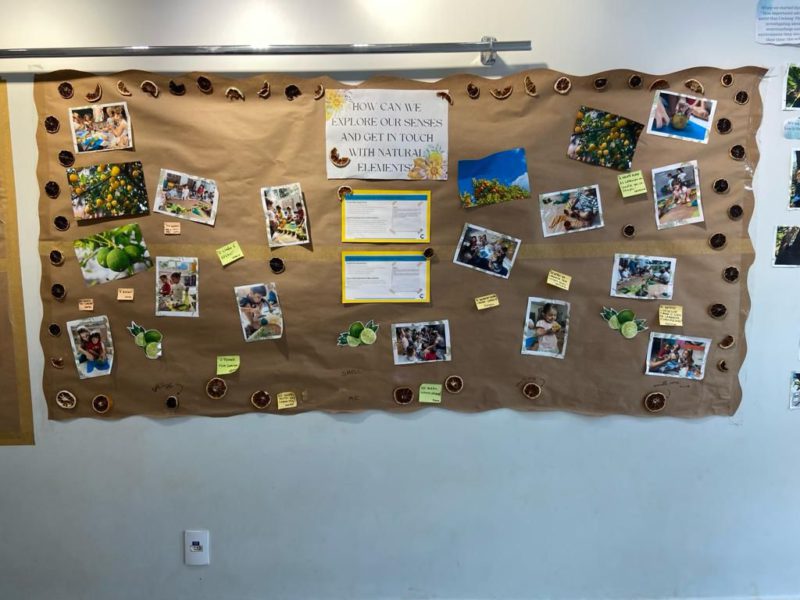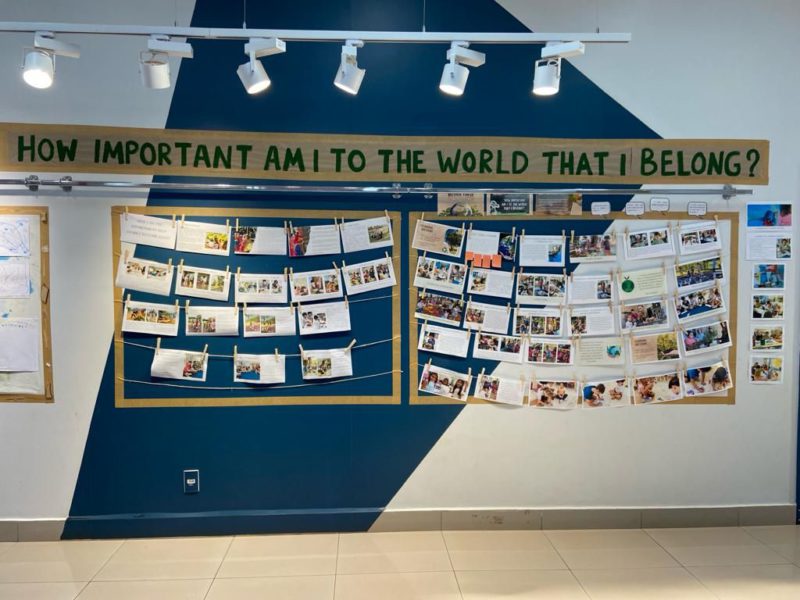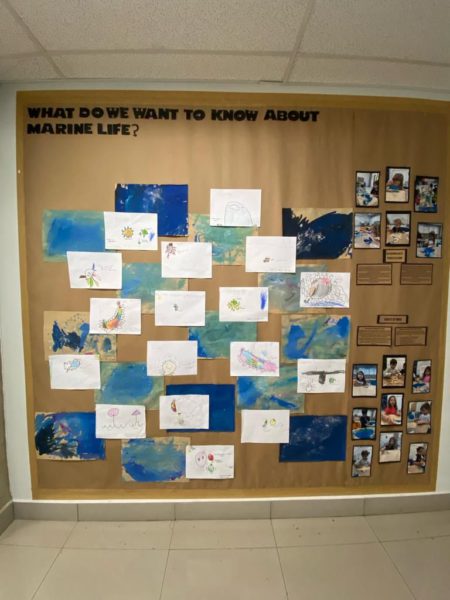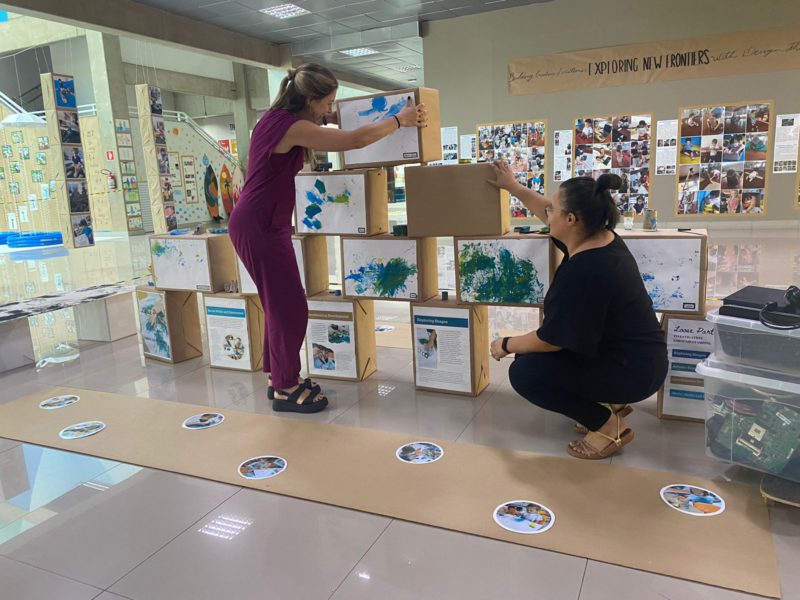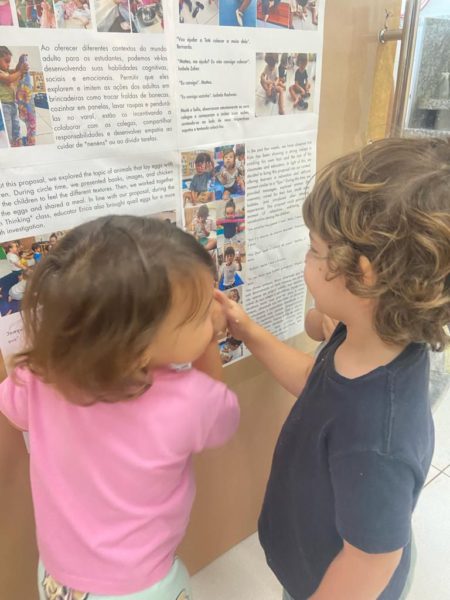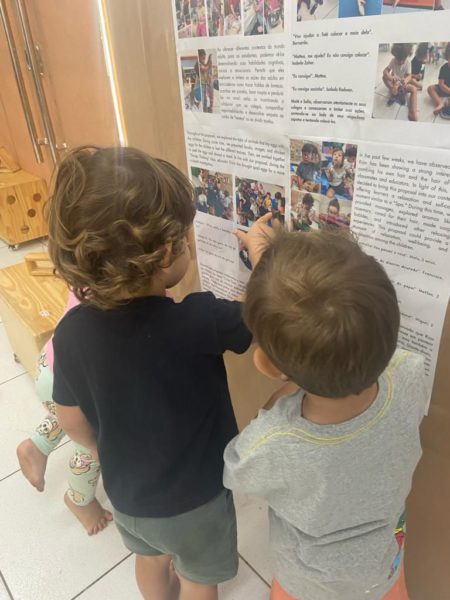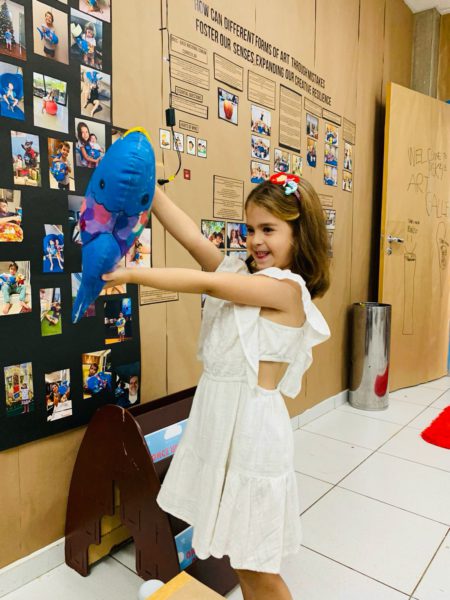Shedding Light on Learning: The role of documentation in clarifying Early Years Education Processes.
How can the documentation process bring clarity to learning in Early Years?
General topic of interest
In early childhood education, pedagogical documentation emerges as a dynamic instrument that can transform the educational journey for both educators and children. It entails the structured gathering, examination, and understanding of observations and contemplations, functioning as a portal into the intricate realm of children's growth and learning.
Loris Malaguzzi, the renowned Italian educator and pedagogue, was one of the primary advocates of the Reggio Emilia approach, which places significant value on pedagogical documentation as a fundamental practice in early childhood education. Malaguzzi believed that documentation plays a crucial role in fostering reflection, constructing knowledge, and showcasing children's learning experiences. According to Malaguzzi, pedagogical documentation should be a continuous and collaborative process rooted in thoughtful, reflective, and interpretive education; visually engaging and accessible; and shared among educators, learners, and families.
Participants
The research will involve early years education educators, some parents whose children are between 2 and 5 years old, and early years students.
Literature Review
Referring to the insights of Paulo Fochi (2018), it is emphasized that "if pedagogical documentation can be defined as an investigative practice, nothing is more consistent than seeking inspiration in the field of research methodology to understand observation as a research technique that researchers and also early childhood educators can employ as investigators of their practices."
Data collecting approach
In this research, a comprehensive approach was adopted to collect data pivotal for understanding the impact of documentation on learning in the early years. The primary method involved meticulous observation of pedagogical documentation from previous years, providing a historical and developmental perspective on learning methodologies. Additionally, to garner a more nuanced understanding, a set of carefully designed questions was circulated through a form targeting specific areas of interest. This quantitative data was further enriched by qualitative insights obtained through family interviews. These interviews were conducted during the school's Learning Festival, a time when engagement and interaction with the educational process were at their peak. This multi-faceted data collection strategy ensured a holistic view of the role of documentation in early childhood education, encompassing both the educators' strategies and the families' perspectives.
Data collection tools/resources
1. Observation of photos from previous years' pedagogical documentation;
2. Interview with educators and families from Concept School;
3. Observation of students exploring the pedagogical documentation in their learning spaces.
Emerging results
The research focusing on the role of pedagogical documentation in early years education yielded enlightening results. It was observed that, through the comparison of the school's historical documentation with its current iterations, there has been a substantial enhancement in both meaning and robustness. This improvement became particularly prominent in 2023, which coincided with the school's adoption of the Reggio Emilia approach, a methodology renowned for its child-centric and collaborative learning ethos. The integration of this approach, along with the school's dedication to ongoing professional development and the encouragement of teacher exchanges, significantly uplifted the standard of documentation. This advancement in documentation practices not only raised the level of understanding among the teaching team but also made the learning process more transparent for families. The improved visual organization of the documentation further contributed to providing families with clearer insights into their children's educational experiences, thereby enhancing their engagement and comprehension of the learning journey.
Reflections
The documentation process initiates well before project planning, as educators engage in a preliminary stage of observing, reflecting, and documenting their students' data and interests. This early phase empowers educators to conclude the direction to take and the project to build with their learners collaboratively. Within this period, fostering an exchange of experiences and knowledge between students and educators becomes crucial. This dynamic interaction facilitates anticipating possibilities and formulating hypotheses, essentially conducting a 'recognition' of students' curiosities and interests. As a result, educators are better equipped to design their proposals in harmony with these identified interests.

